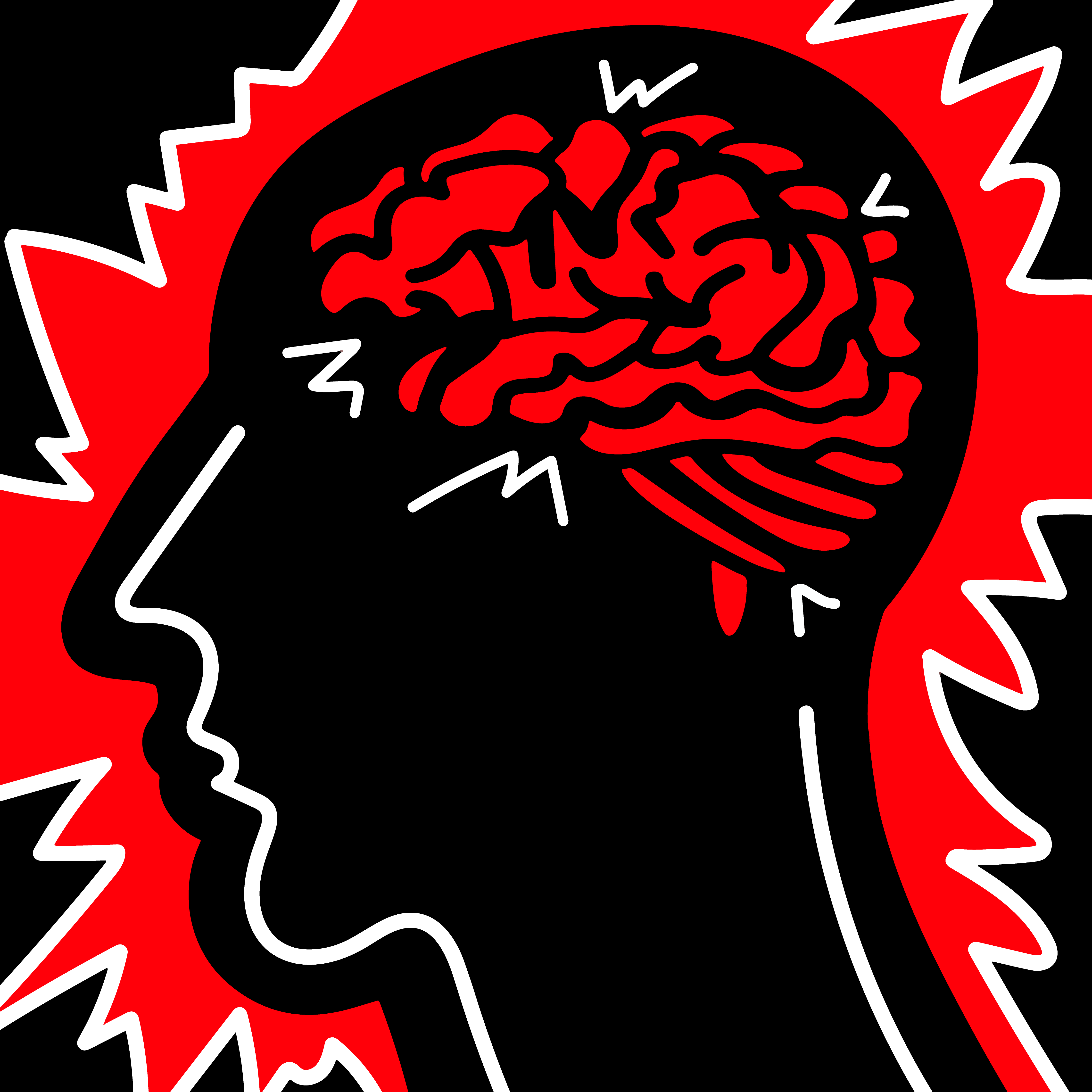You might not know that you have sleep apnea. However, your partner can probably tell.
This rule holds even if they don’t kick you during the night to get you to stop snoring. The sleep disturbances caused by this disorder can impact your mood, turning normally pleasant people into snarling grumps. Here’s how sleep apnea affects mental health and what you can do about it.
1. It Makes You Edgier
Do you find yourself snapping at your spouse or children when they ask you an innocent question? Undiagnosed sleep apnea can make you irritable and edgy.
Research shows that sleep-deprived individuals report an increase in negative emotions like anger and a decrease in positive ones. Further complicating the issue is how mood disorders such as mild depression can often disrupt sleep patterns. The combination results in a vicious cycle, with sleeplessness increasing depressive symptoms that only spur further insomnia.
Talk to your doctor if possible. While you don’t want to rely on prescription sleep aids, a short-term course can help you reset your cycles. Over-the-counter aids such as Benadryl also assist some in getting their Zzz’s. A doctor can also help by informing you of what other treatment options exist outside of medication. Many people report holistic methods work well for them. Whatever the case, your mood should improve once you get sufficient rest.
2. It Disrupts Focus
Remember the last time your alarm didn’t wake you up in time for work in the morning? Chances are, you felt “off” the remainder of the day.
Sleep apnea causes you to stop breathing multiple times while you sleep. You might not remember waking up from this phenomenon — but your body absorbs the effects as if you tossed and turned all night. The impact on your cognitive abilities remains the same.
You might not even know if you have the disorder. Approximately 80% of those with severe to moderate sleep apnea remain undiagnosed. The process involves undergoing a sleep study, which isn’t without complicating factors. Many folks find it challenging to sleep with wires taped hither and yon, leading to many inconclusive and false-negative results.
However, you might feel the effects in the workplace. Many people with sleep apnea report feeling tired all day despite getting what they thought was a full night of sleep. Pay close attention to the way you feel throughout the day at work and elsewhere. If you find that your normally detail-oriented self starts missing zeroes on budget reports, talk to your doctor.
3. It Could Spur Compulsive Overeating
Your body contains two stress hormones, adrenaline and cortisol. Adrenaline spurs your initial fight-or-flight response, and cortisol takes over when stress becomes long-term, preparing your body for a prolonged onslaught. The problem is, you can’t escape modern stressors like unpaid debt the way early humans outran hungry lions.
As a result, excess cortisol production prepares you for physical exertion that never comes. This hormone makes you crave foods high in fat and calories for lasting energy — but you never burn it off. The result is unwanted pounds that stress you out even more.
4. It Can Cause Drowsy Driving
Did you know that remaining awake for more than 18 hours impairs your driving ability as much as a blood alcohol content of 0.05%? That’s right — drowsy driving is as dangerous as taking the wheel when intoxicated.
Your youth and good health won’t protect you from an auto accident. A wreck causing ongoing health issues, such as those resulting in traumatic brain injury (TBI), can cause severe financial hardship, given the lack of single-payer coverage in the United States. You could find yourself out of a job at a time when you need your employer-sponsored health insurance more than ever and end up buried in medical debt.
Pay attention if you notice that you frequently arrive at home or work with little recollection of how you got there other than knowing you must have driven. Everyone zones out behind the wheel occasionally, but you should call your doctor if it happens all the time.
5. It Can Impact Your Close Relationships
Even if you can blame your irritable mood on sleep apnea and the resulting disruption, knowing the reason doesn’t spare your family the grief of living with a grump. If left untreated, the associated behavioral changes could damage your closest relationships.
Therefore, if you won’t seek help for yourself, do so for the people you love. Living with or even just having a close with relationship with someone who is moody and down all the time can really take a toll on your friends and family, especially if they are trying their best to help you and be supportive but are met with hostility. This kind of dynamic can eventually lead to people distancing themselves from you.
You’ll likely discover that you will personally feel happier than ever too once you address the underlying cause of your irritability. You might even live longer — loneliness increases all-cause mortality.
Methods of Treating Sleep Apnea
What should you expect when you speak with your doctor? You have several treatment options to explore:
- CPAP: A CPAP machine is the gold standard in treating diagnosed obstructive sleep apnea. It forces your airway open, making breathing possible. If you have health insurance, your carrier will probably cover the cost of your device, minus any copays and deductibles.
- Surgery: Some people can’t tolerate the mask that the CPAP device requires. In such cases, doctors may perform surgery to remove excess tissue from your soft palate and stabilize your upper airway.
- Holistic Methods: Many people find that shedding excess weight helps improve sleep apnea symptoms. Elevating your head on numerous pillows can keep tissue from blocking your airways and disrupting your slumber.
Sleep Apnea Can Affect Mental Health — Talk to a Doctor if You’re Suffering
Sleep apnea can adversely impact your mental health. Please talk to your doctor about your treatment options so you can feel better.






